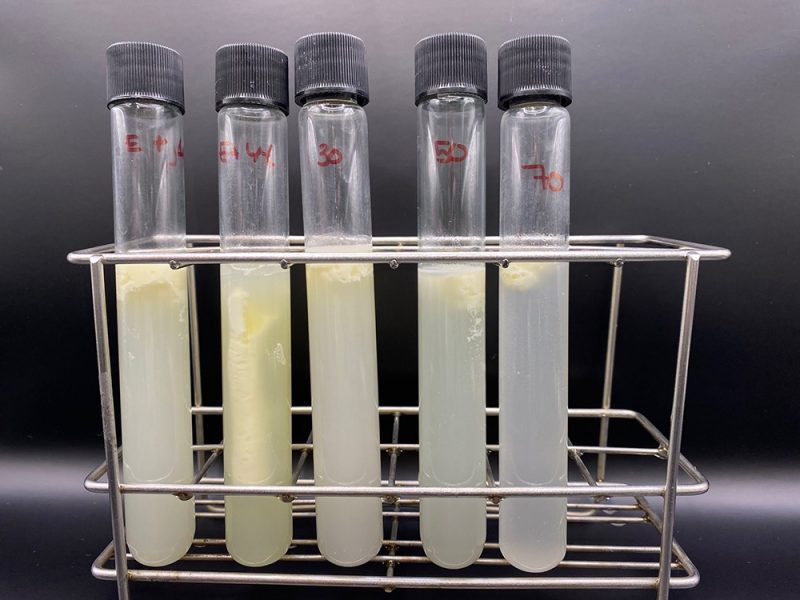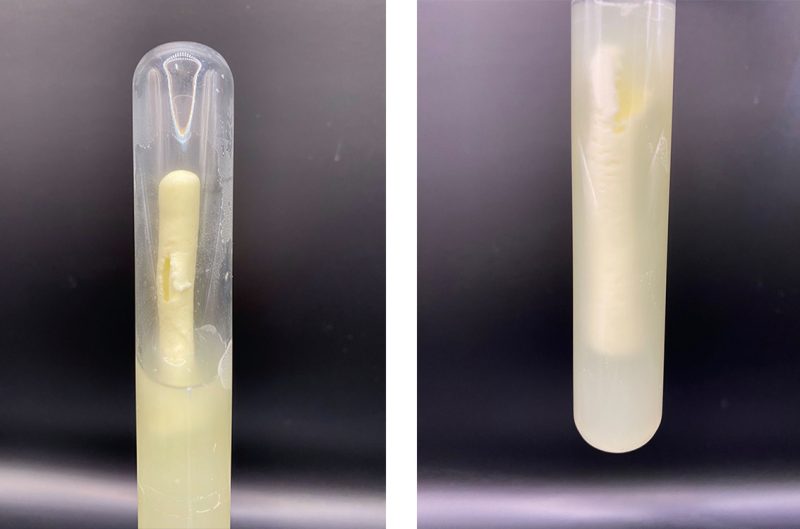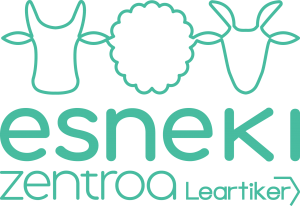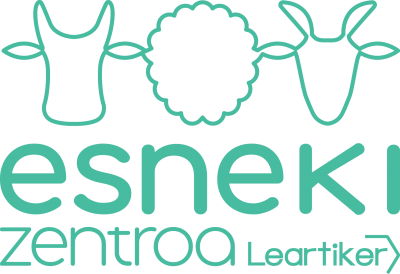
Is the recovery of A2 milk production a promising option to cow dairy sector?
Market of A2 milk is increasing. It has been widely commercialized in New Zealand and Australia, but in our region is progressively more dairy brands with this distinctive in their labels. However, commercial name does not help to understand what it is.
Produced, milked, and processed as same as other milk, A2 is also cow milk. Nevertheless, animals that produced A2 milk have been selected because of their milk protein characteristics. Generally, milk has several proteins where betacaseins are present. Autochthonous cow breeds naturally produced A2 betacasein, but genetic selection of lasts decades to increase milk production per cow has expanded, at the same time of yield, A1 betacasein mutation and, therefore, A1 milk dominance of the market.

According to some scientific papers, A1 betacasein could produce betacasimorphin 7 during human digestion resulting in a decrease of digestion process speed and proinflammatory effects. These symptoms could remind those from lactose (sugar of dairy) intolerance, so people without a lactose intolerance diagnosis or even people that feel that milk is heavy for them could be suffering an adverse effect to A1 milk. Consuming A2 milk instead of that of A1, they will be able to continue having milk without digestion problems.
Science also says that consumers are ready to pay more from a food that gives them healthy properties. So, in this context, some milk producers from Basque Country have shown to our Dairy Centre their interest to know more about this new market and productive tendency. In this way, we found that European Food Safety Authority do not support the health claims of A2 milk waiting for more scientific evidence. In addition, a couple of facts that could generate huge economic losses to dairy primary and secondary sector have been also found. First, that A2 betacasein structure, comparing with that of A1 could restrict the technological emulsifier, foamy and coagulant properties of milk. And second, if change from A2 to A1 milk was automatically given when higher milk yield was looking for, it would be easy to think that conversion to A2 milk production will drive to decrease milk production per cow.

There is a huge challenge related to A2 milk research in production and transformation, and from our Dairy Centre have started by ESNEA2 project in collaboration with NEIKER (Member of Basque Research and Technology Alliance) and the support of 9 entities related to dairy sector. It was submitted to “Berriker 2022” call (waiting for resolution) and the objective is to get and disseminate new knowledges about the opportunities and limitations of A2 milk producing and cheesemaking comparing to that of A1. The project will be focused on animal and milk production aspects and coagulant properties of milk.
ESNEA2 has short time for being carry out, so although first steps of the project have just come, we are already working to other financial support to continue answering this wide research opportunity.
Hold attention to our newsletter!


